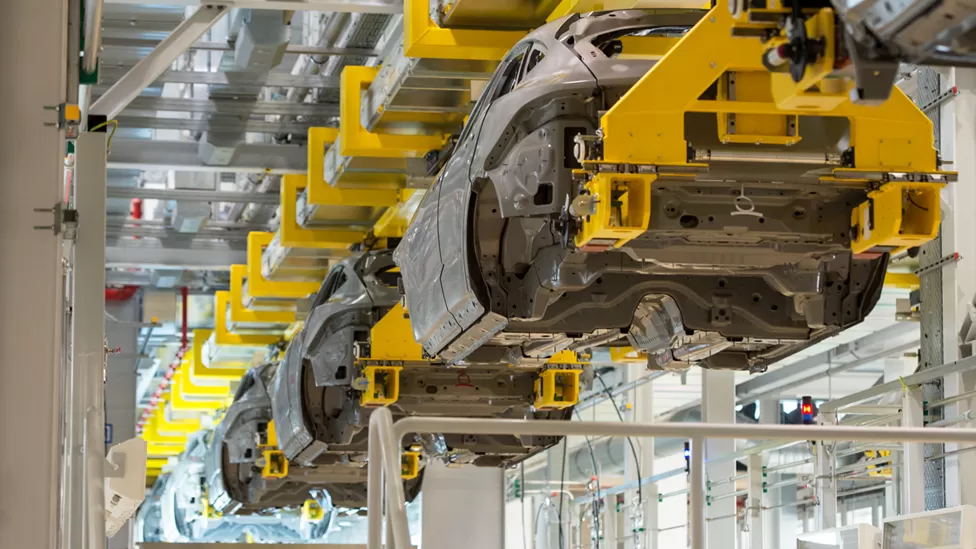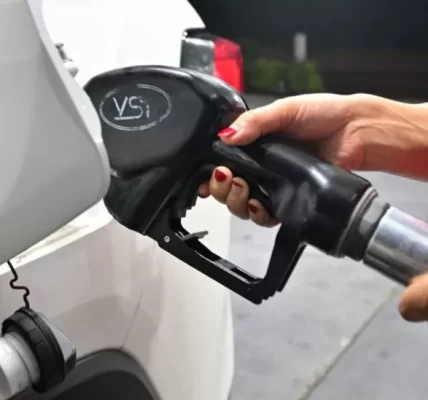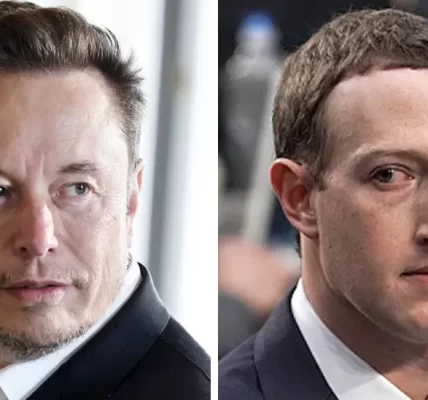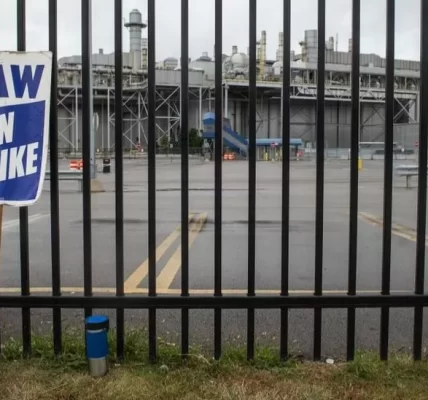Jaguar Land Rover’s owner will choose the United Kingdom over Spain for a massive automobile battery facility.
According to the BBC, the UK is expected to beat Spain to host a multibillion-pound electric car battery facility in Somerset.
The CEO of Tata Motors, which owns Jaguar Land Rover, is set to fly to London next week to finalize the purchase.
Some in the automotive industry have referred to the factory as the most important investment in UK automotive since Nissan’s arrival in the 1980s.
Tata’s chairman is slated to meet with the prime minister in the middle of next week.
According to sources acquainted with the situation, although the agreement has yet to be signed, engagement has shifted from talks to drafting and choreography of how the historic agreement would be presented.
At the Bridgwater location, along the M5, up to 9,000 jobs might be produced.
The UK government has recognized the critical need for electric vehicle battery manufacture in the UK to safeguard the automotive industry’s future.
The automobile industry in the country employs up to 800,000 people directly and indirectly.
Chancellor Jeremy Hunt told the BBC last week to “watch this space” when asked about it.
Tata was contemplating another location in Spain, and the likely decision to select Somerset would be portrayed as a big accomplishment for the UK government.
The administration has been chastised for failing to have a coherent industrial policy and falling behind the United States and the European Union in luring investment.
Stellantis, one of the world’s largest carmakers, warned last week that if the government does not renegotiate the Brexit deal, it may have to close UK operations. The company, which owns Vauxhall, Peugeot, Citroen, and Fiat, had committed to producing electric vehicles in the United Kingdom but informed the BBC that this was under threat.
The predicted success of Tata’s new facility in the UK has not come quickly or cheaply.
While the government does not recognize a figure of £500 million in reported subsidies, it does acknowledge that it is in the hundreds of millions of pounds.
Cash grants, energy subsidies, and other training and research money would be available.
Tata Steel has large steel interests in the UK, notably the Port Talbot factory in South Wales, and the government will provide approximately £300 million to subsidize, improve, and decarbonize those operations.
Together with extra energy savings, it will increase Tata’s entire incentive package to close to £800 million.
According to government sources, while the two investments will not be revealed at the same time, they are linked.
Access to power at the Somerset site, a trained UK automotive workforce, and the British legacy of Jaguar Land Rover’s brands are also touted as advantages for the UK bid.
Although the cost will be perceived as high, the UK is reluctantly involved in an international subsidy war that has been dramatically escalated by the US Inflation Reduction Act – legislation that offers $370 billion (£299 billion) in incentives to companies willing to locate production and supply chains in the US.
In response, the EU is planning its own package.
Some industry insiders expect that the Tata battery investment may pave the way for other battery investments in the UK, which presently has only one facility in operation near to Nissan’s Sunderland factory, and another in Northumberland that is still in the planning stages.
In comparison, the EU currently has 35 plants active, under development, or planned.
Number 10 stated that it does not comment on commercially sensitive issues.




